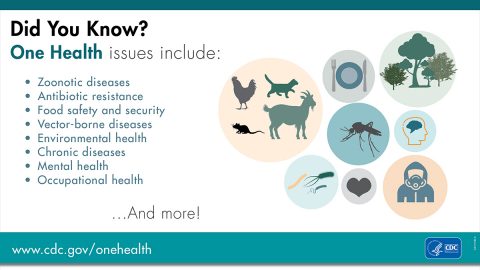The medical problems of animals differ depending on their species, age and overall health. Animals are susceptible to various medical conditions.
Heart Disease - Heart conditions like congestive cardiac failure can lead to decreased heart function, especially in older animals. Endocrine disorders - Hormonal imbalances such as Cushing's Disease and hypothyroidism can have a negative impact on the condition of animals.
Diabetes mellitus- Diabetes can affect pets. It requires insulin therapy as well as dietary adjustments.
Renal disease (kidney disease) is very common in dogs, both older and feline. The condition could necessitate changes to diet or medical treatment.
Bladder & Bladder & Urinary Tract Problems: Conditions such as urinary tract infection bladder stones, urinary incontinence may affect your dog's.
Allergies: Animals are allergic to foods, allergens from the environment, or even to contact allergies. This can cause digestive and skin problems.
Behavioral Issues - Behavior problems such as aggression, anxiety and phobias may negatively impact pets' health and wellbeing. They may require the intervention of a veterinarian.
Injuries and wounds - Accidents, fights or falls can lead to soft tissue injuries such as fractures. This requires medical treatment. A healthy diet, regular veterinarian checks, vaccinations, and parasite control can prevent many of the common health issues that animals face. Additionally, if your pet shows signs of discomfort or sickness, you should seek immediate medical attention. Take a look at the Best pet sleep support supplements for blog tips.

What Are The Most Effective Supplements, Vitamins, Or Probiotics For Cats And Dogs?
Your dog's needs along with any veterinarian recommendations, will guide your selection of supplements, probiotics and vitamins. While it is essential to provide your dog with a balanced, nutritious diet Certain breeds may get extra benefits from supplements. Below are some supplements that are beneficial to dogs.
Multivitamins. A high quality dog food must contain all the essential nutrients, vitamins, and minerals your dog requires. Multivitamin supplements can be beneficial if your dog is a pet with special needs for diet or limitations. It is important to ensure that the vitamin is designed for dogs, as certain vitamins can be harmful if consumed in large quantities. Omega-3 Fatty Acids - Omega-3 Fatty Acid like the one found in fish oil, is beneficial for coat and skin, and can help reduce inflammation as well as enhance joint health. They are typically suggested for dogs with skin problems, allergies, and arthritis.
Probiotics Probiotics are beneficial microorganisms that help to improve digestion health. They do this by maintaining balance in the microbiome within your digestive tract. They are commonly used for digestive issues, like diarrhea, and to boost immunity.
Glucosamine & Chondroitin – These two supplements have been used for years to aid dogs reduce their signs of arthritis.
It is important to speak with your veterinarian before you give any kind of supplement to your dog. Your vet will give specific advice based on your dog's requirements and needs. It is essential to speak with your veterinarian before giving any supplements to your dog. They can offer advice tailored for their specific requirements and needs. It is crucial to select supplements that are made by reliable producers. Contact your veterinarian right away if there are any strange reactions or symptoms. A well-balanced and veterinarian-recommended diet is typically the best way to meet your dog's nutritional needs, and supplements should only be used when necessary and under professional guidance. Best of the most pet herbal supplements for kittens for blog tips.

How Common Are Yeast Infections, Skin Allergies And Kidney Failure Among Dogs? What Treatments Are Available?
The prevalence of skin allergies, yeast infections, as well as kidney diseases in dogs differs based on the breed and health, as well as age etc. This article will provide a brief overview of these conditions, including their severity and treatment options.
Kidney Failure (Renal Disease)Prevalence: Kidney failure is more rare than skin issues, but it is a possibility for dogs, especially when they get older. It can be acute (sudden onset) or chronic (developing gradually).
The signs of kidney infection are weight loss, increased thirst, urination and lethargy.
Treatment - Treatment is dependent on the severity and type of kidney disease. Acute kidney disease often requires the need for hospitalization, intensive treatment, and other forms of medical care. Lifestyle modifications, blood pressure medication, and kidney support treatments may aid in managing chronic kidney disease. It is crucial to detect the disease early because this condition is advancing.
It is important to remember that although these ailments can be experienced in dogs, all dogs will experience them. Furthermore, the severity of these conditions can differ between breeds and dogs. Regular check-ups with your veterinarian as well as a balanced diet and measures to prevent it (such flea control, proper hygiene, etc.) will reduce the risk. If you suspect that your pet may be suffering from some medical condition, like yeast infections, skin allergies or kidney problems it is essential to speak with a vet for an accurate diagnosis and tailored treatment plan. Early intervention will improve the quality of your pet’s health and allow you to achieve more effective results. Check out the Best pet herbal supplements for mushing dogs for site advice.
